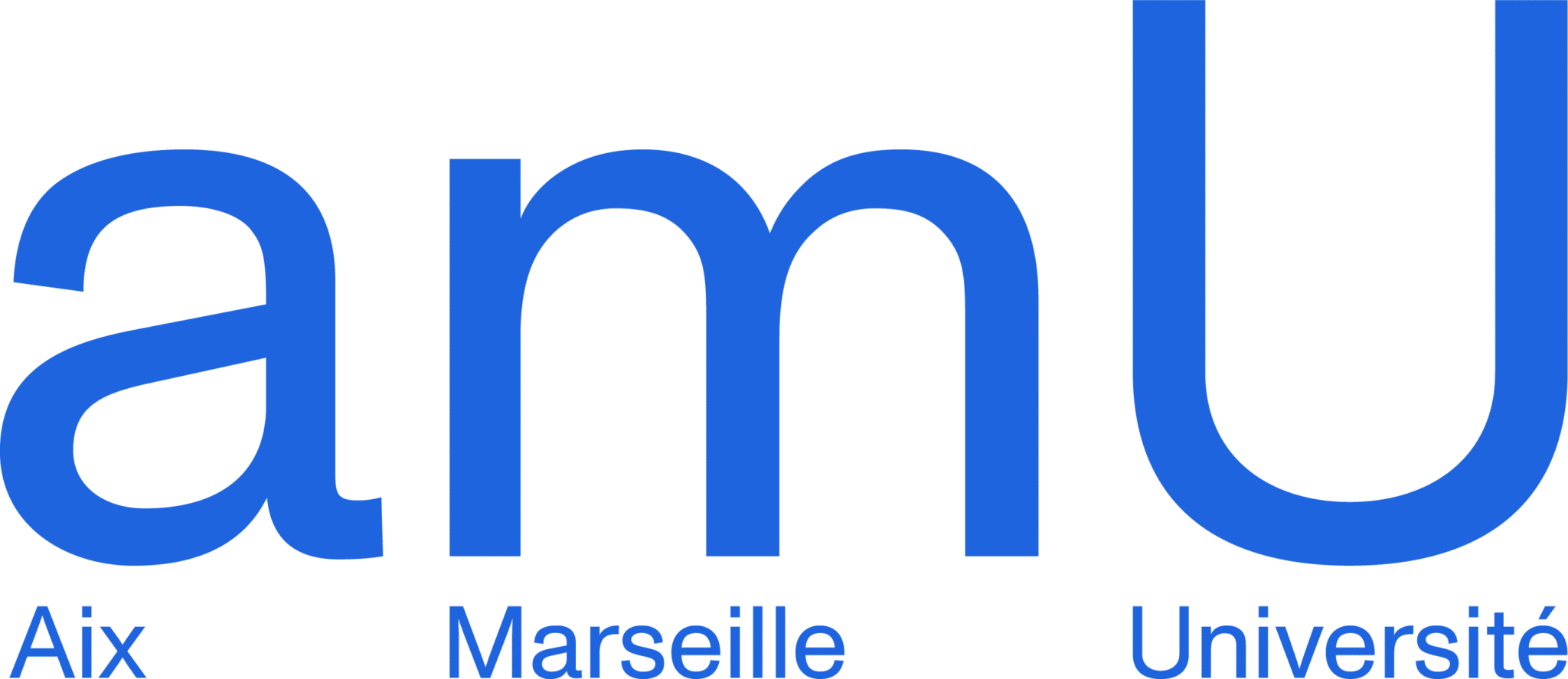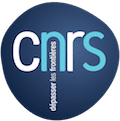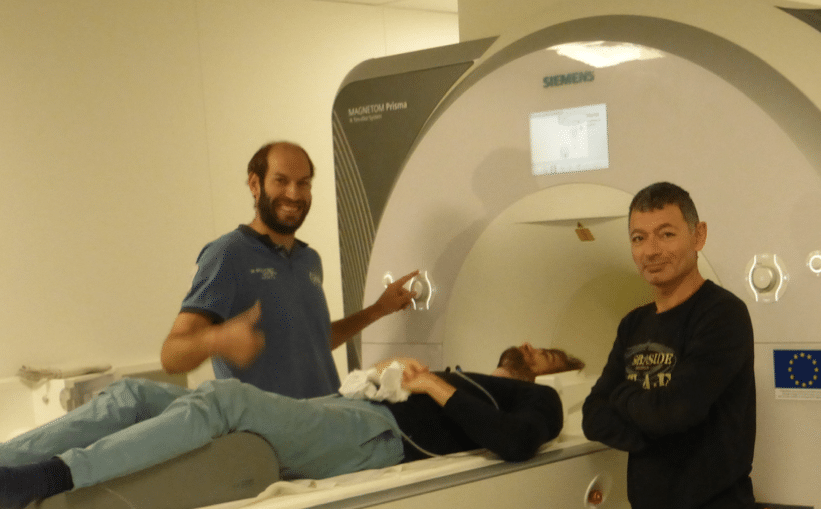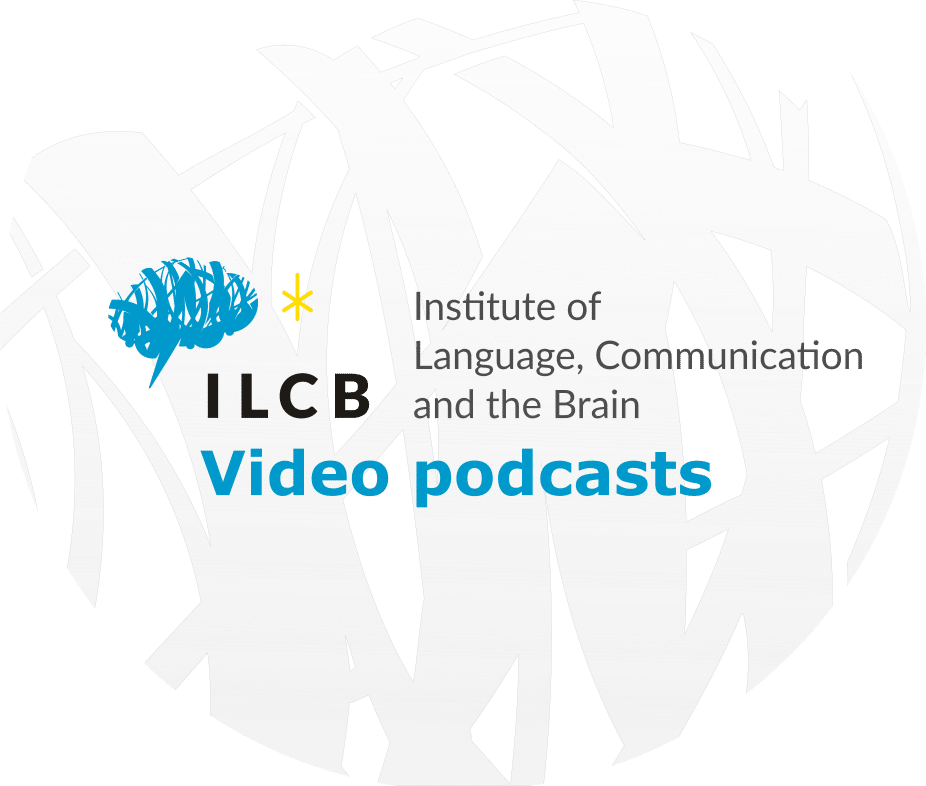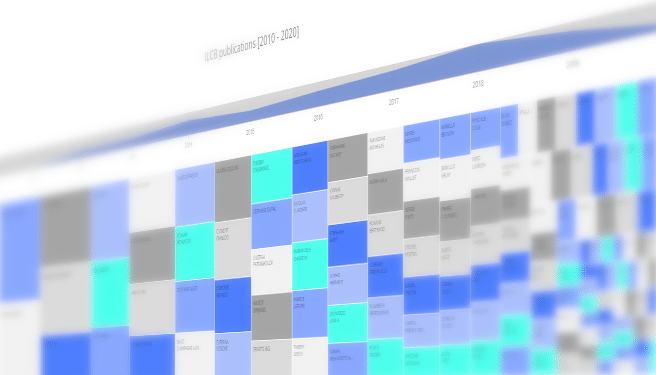
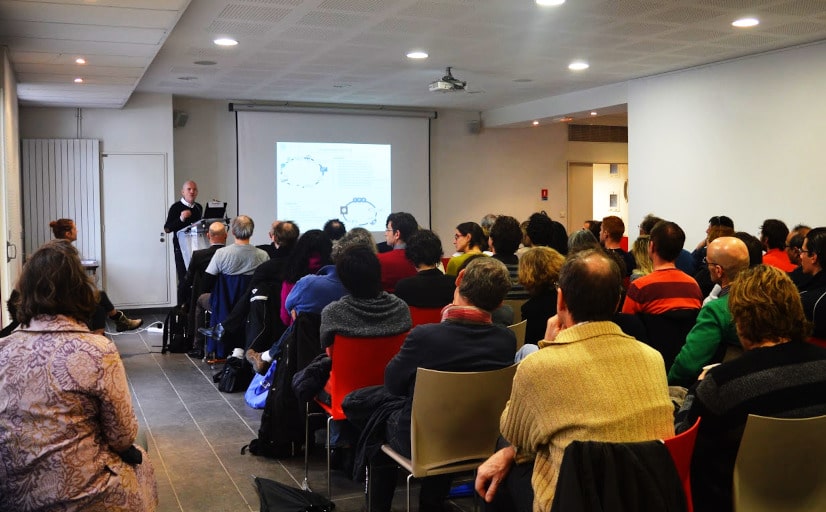
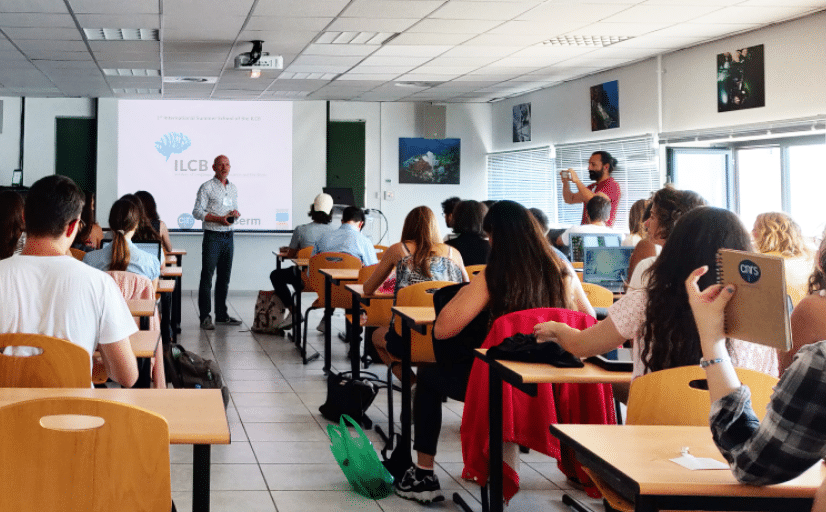
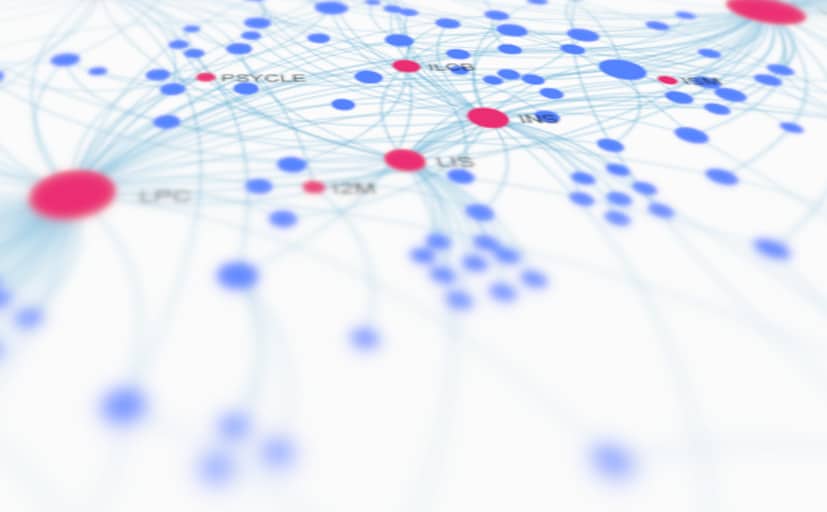
Featured publications
Lexical Competition Does Not Age: A Spoken Word Recognition Study
Offering and Showing Gestures in 12- to 15-Month-Old Infants in Natural Contexts: A Corpus-Based Study
Evidence for a Role of Memory in Novel Word-Learning after Perinatal Stroke
Association: One Term, Five Concepts
Bringing together experts in linguistics, neuroscience, psychology, medicine and computer science to understand and to model the way that language functions.
The objective is to create a generic model of the processing of language and its cerebral bases.
SUMMER SCHOOL
The 8th Edition of the ILCB Summer School offers Introductory, Intermerdiate and Advanced Classes in four core fields of Cognitive Science, reflecting the expertise of the Institute.
read more >>
PhD PROGRAM
An interdisciplinary focus on language research, with interdisciplinary theory and practice trainings at basic and advanced level courses in all relevant disciplines.
read more >>
MASTER
The MaSCo is an innovative Master's program in Cognitive Science designed to offer students a rigorous scientific training in the study of human cognition. Taught entirely in English, the program combines theoretical knowledge with hands-on experience in cutting-edge methodologies.
read more >>
TRAINING
Advanced trainings are offered to the ILCB members
read more >>

Sign up for our newsletter
and get the latest from ILCB
Cross-cutting topics
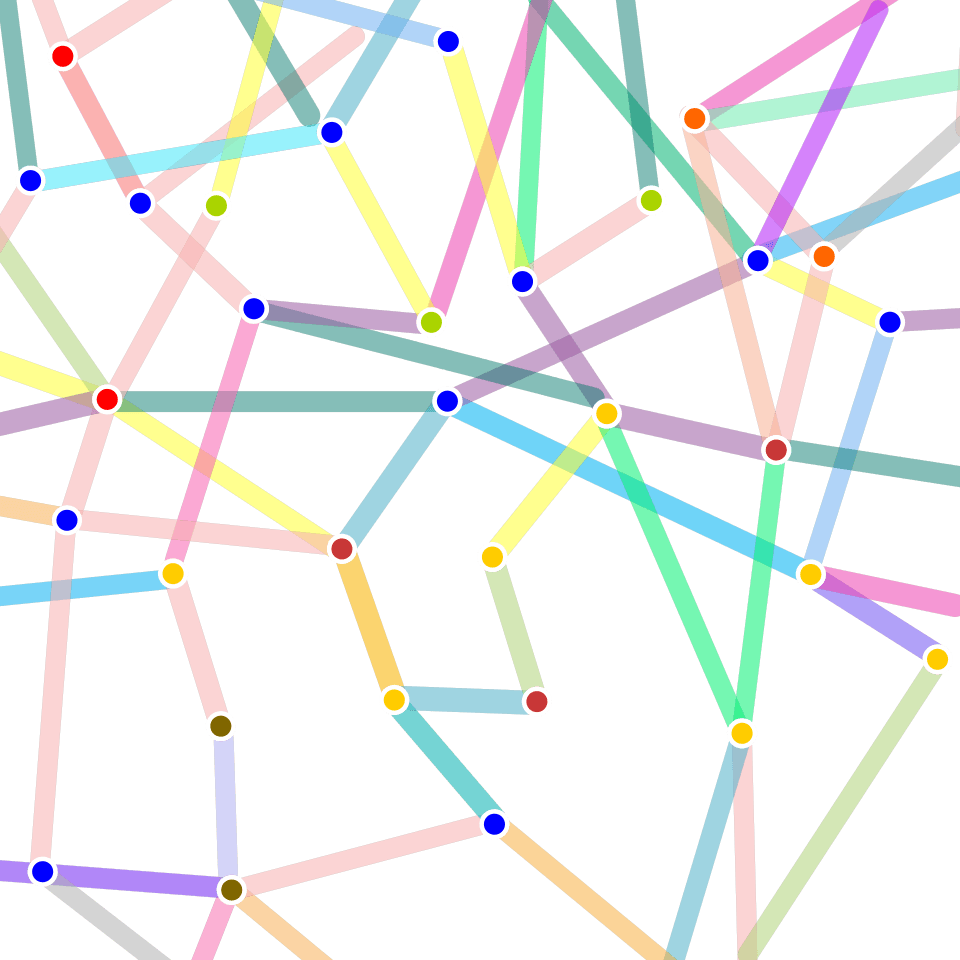
.
What are the origins of language in individuals and different species?
What are the cognitive, linguistic and neural dynamics that enable language and communication?
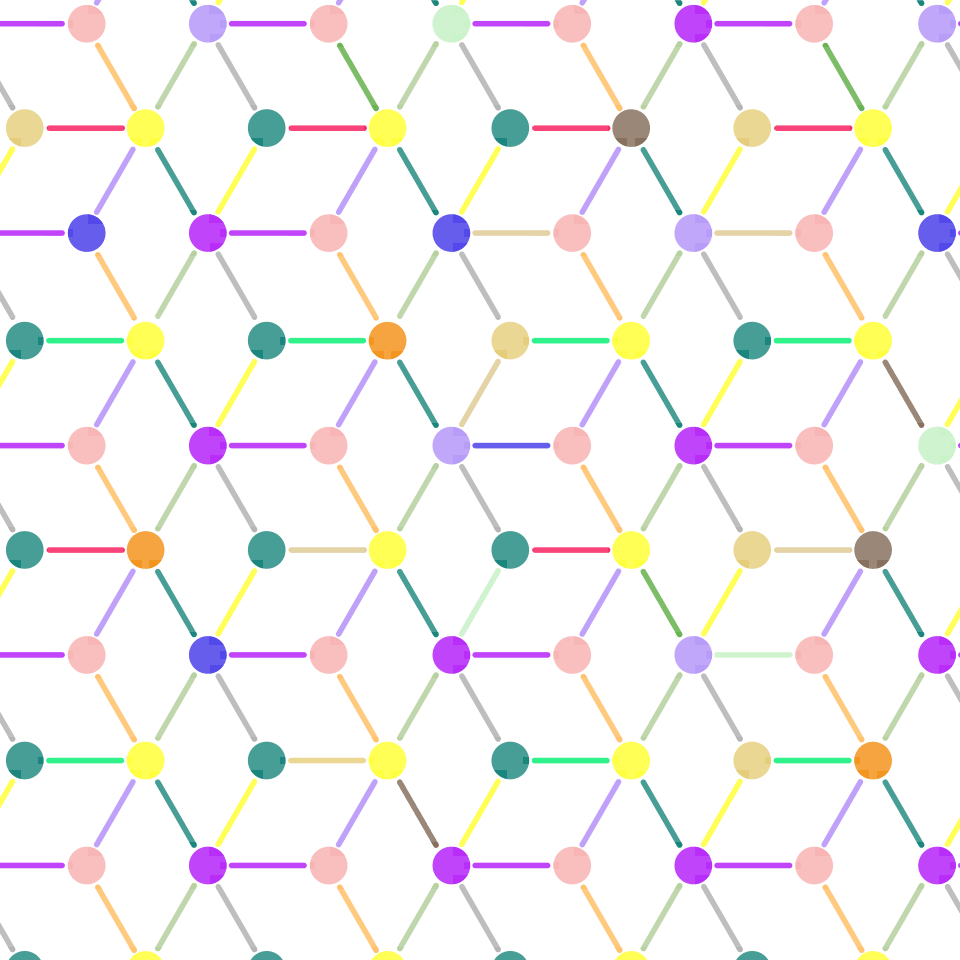
.
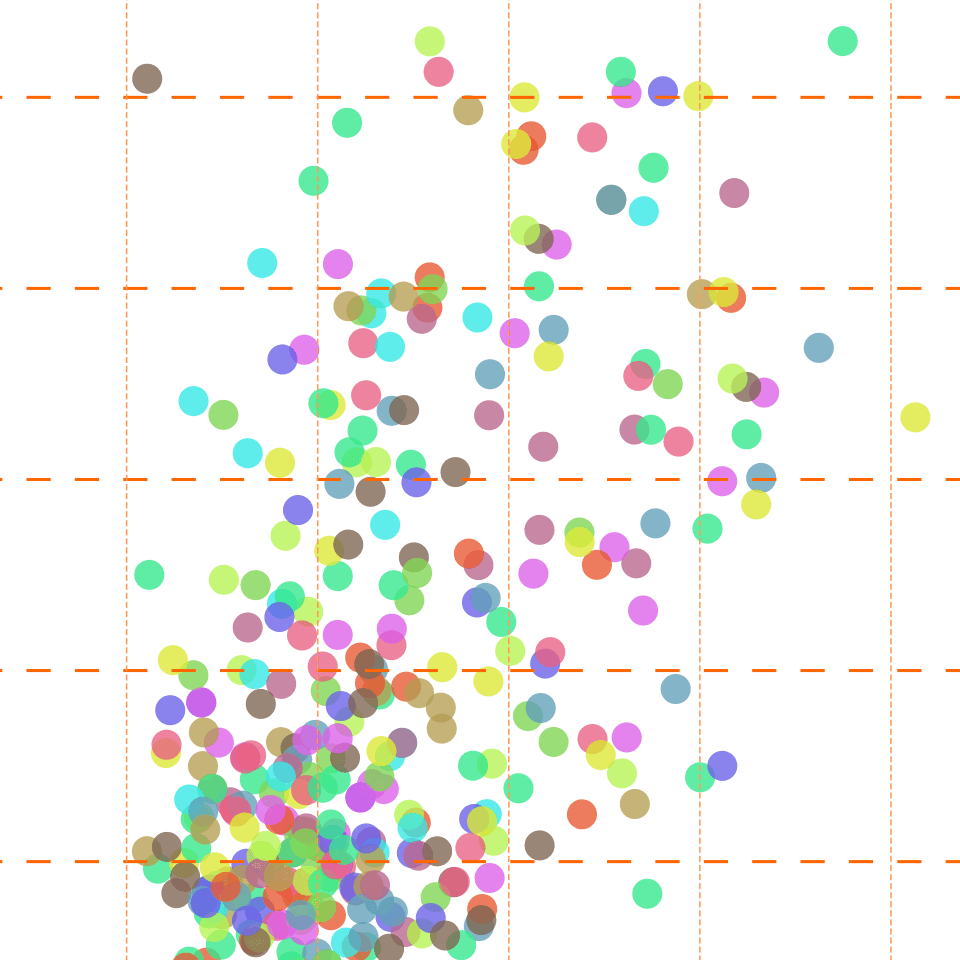
.
Can we quantify and model dynamic phenomena at different scales?
How to explain and remediate language and communication dysfunction
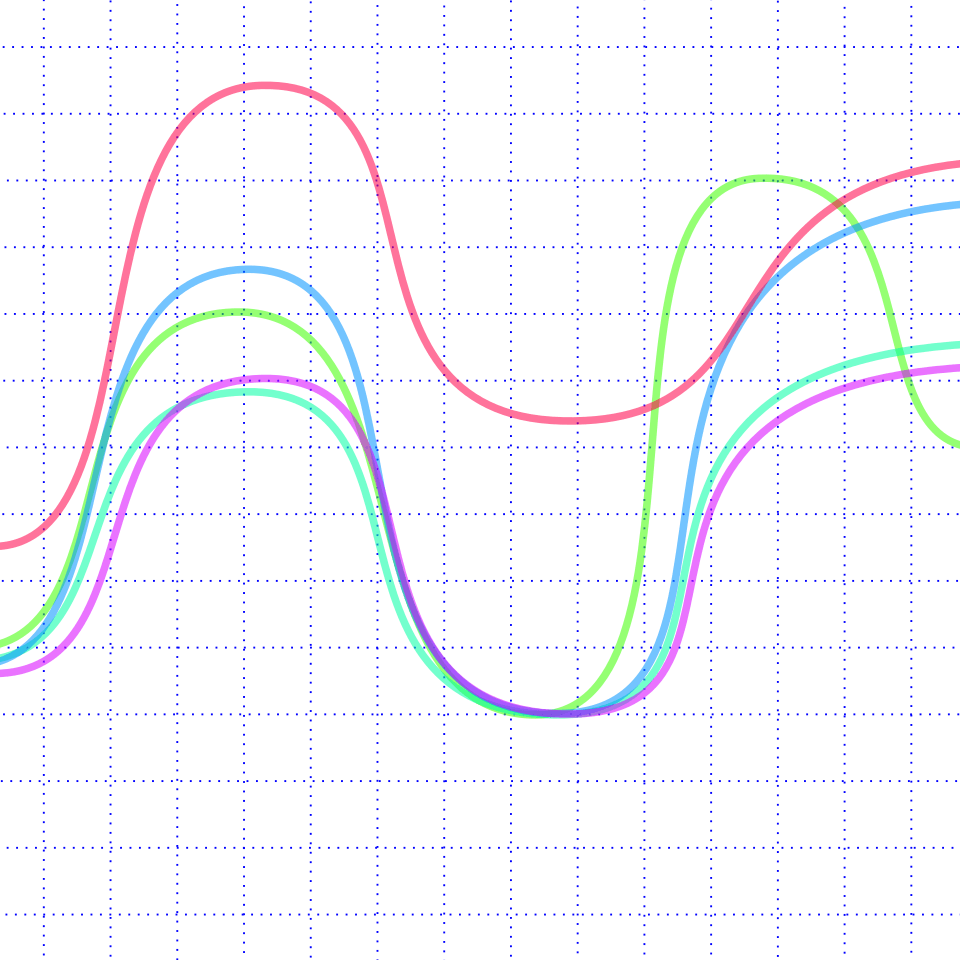
.
Recent
news and events
Recent Posts
- On the Acquisition of Typing Skills without Formal Training by School-Aged Children March 3, 2026
- Event‐Related Brain Potentials and Frequency‐Following Response to Syllables in Newborns and Adults March 3, 2026
- Bridging the Communication Gap: Pragmatics and Interactional Dynamics in Deaf and Hard of Hearing Children March 3, 2026
- Beyond Phonemic Awareness: The Alphabetic Principle Predicts Reading Acquisition in a Nationwide Longitudinal Study March 3, 2026
- Neural Correlates of Conversational Feedback March 3, 2026






They talk
about us
Participez à
une expérience
Our partners
